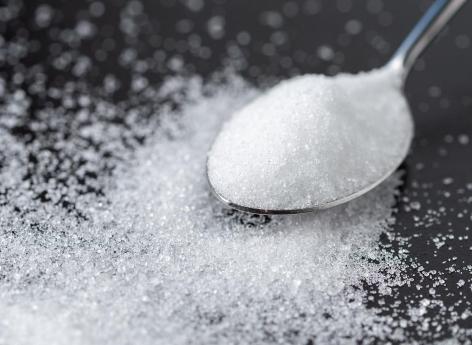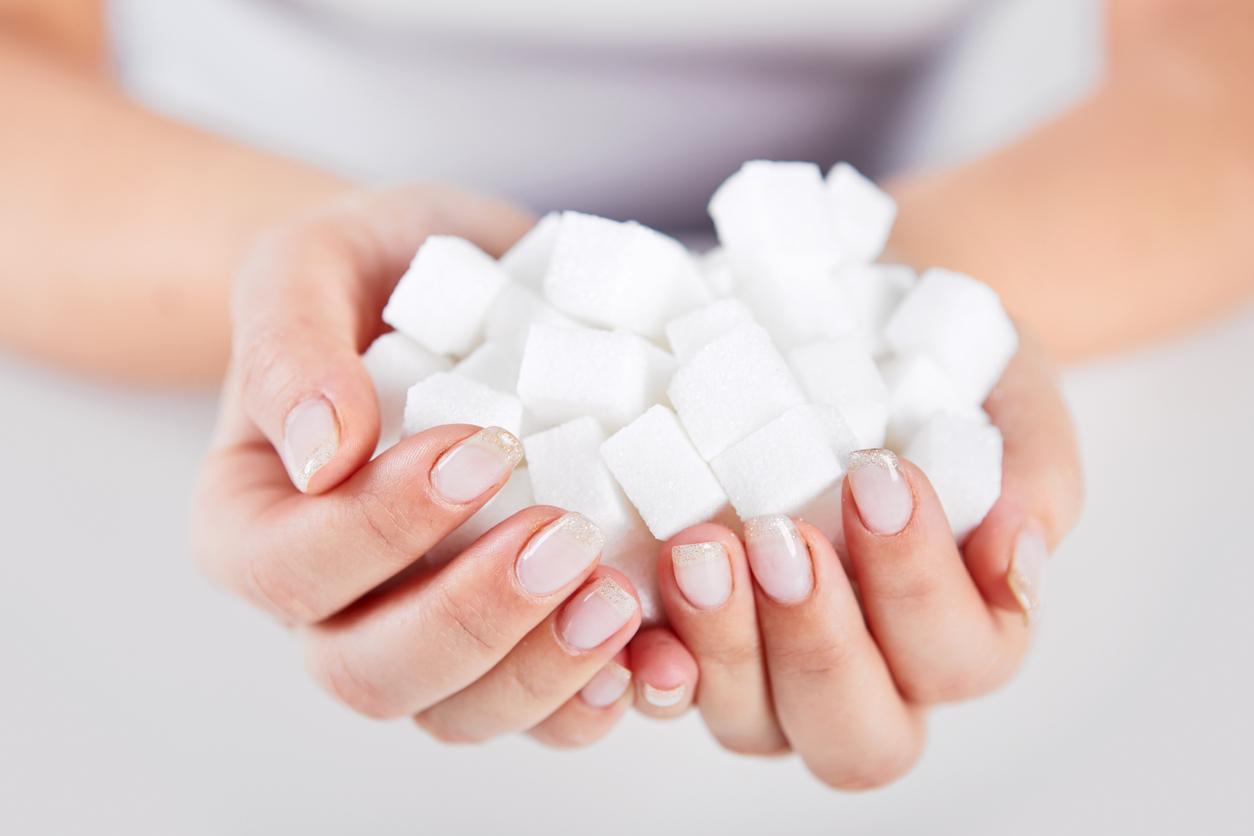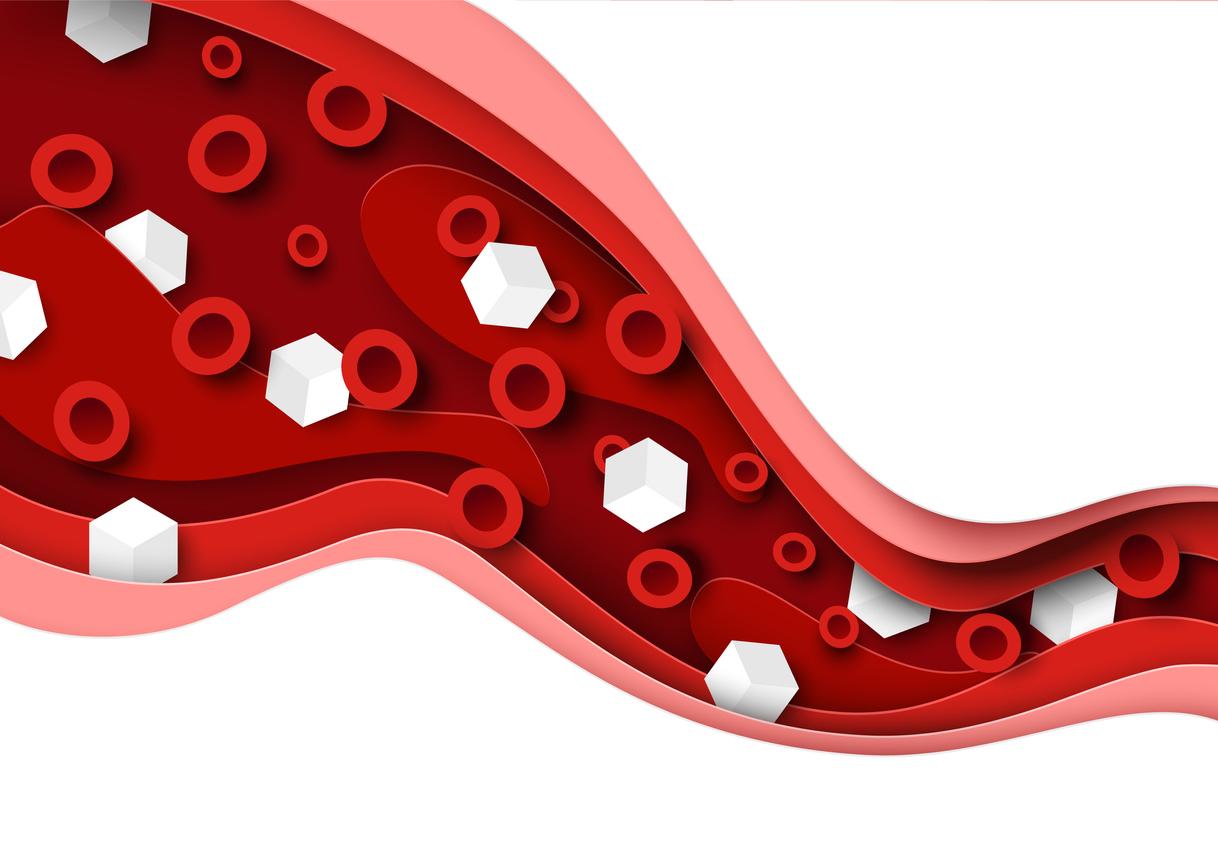Erythritol, an artificial sweetener found in many baked goods, beverages and candies, increases cardiovascular risk, a new study finds.

One of the recommendations often made to people with a high cardiovascular risk is to favor sugar substitutes over sugar itself. But a study from the Cleveland Clinic shows that these products may not be very good for the heart.
Published in Arteriosclerosis, Thrombosis and Vascular Biologyresearch shows that the sweetener erythritol makes platelets more active. Which can increase the risk of blood clots, and by domino effect, cardiovascular problems.
Erythritol: it affects platelets
In previous research presented last year, the team had already revealed that heart patients with high levels of erythritol were twice as likely to have cardiovascular problems or an increased risk of developing blood clots. Their new study aims to better understand the effects of erythritol consumption on platelets.
To do this, the scientists recruited 20 healthy volunteers. Half ingested 30 g of glucose and the other 30 g of the sweetener. The analyses showed that the average erythritol level in those consuming the sugar substitute increased by more than 1,000 times compared to the initial level. In addition, they had a significant increase in the formation of blood clots, while no change was observed in those who ingested glucose.
“This research raises concerns that a standard serving of an erythritol-sweetened food or drink may acutely stimulate a direct clot-forming effect.”says study co-author Dr WH Wilson Tang in a press release. “Erythritol and other sugar alcohols commonly used as sugar substitutes should be evaluated for their potential long-term health effects, particularly when such effects are not seen with glucose itself.”

Cardiovascular health: be careful with sugar substitutes
The researchers point out in their press release that recent work has highlighted similar effects on platelets and cardiovascular risks with xylitol, another commonly used artificial sweetener. They therefore believe that further clinical studies on the effects of sugar substitutes on cardiovascular health are necessary.
In the meantime, Dr. Hazen, who led the scientific team, advises: “I think it would be better to choose sweet treats from time to time and in small quantities rather than consuming drinks and foods sweetened with these sugar alcohols, especially for people at high risk of thrombosis, such as those with heart disease, diabetes or metabolic syndrome.”
“Cardiovascular disease develops over time and is the leading cause of death worldwide. We need to ensure that the foods we eat are not hidden contributors.”he concluded.

















